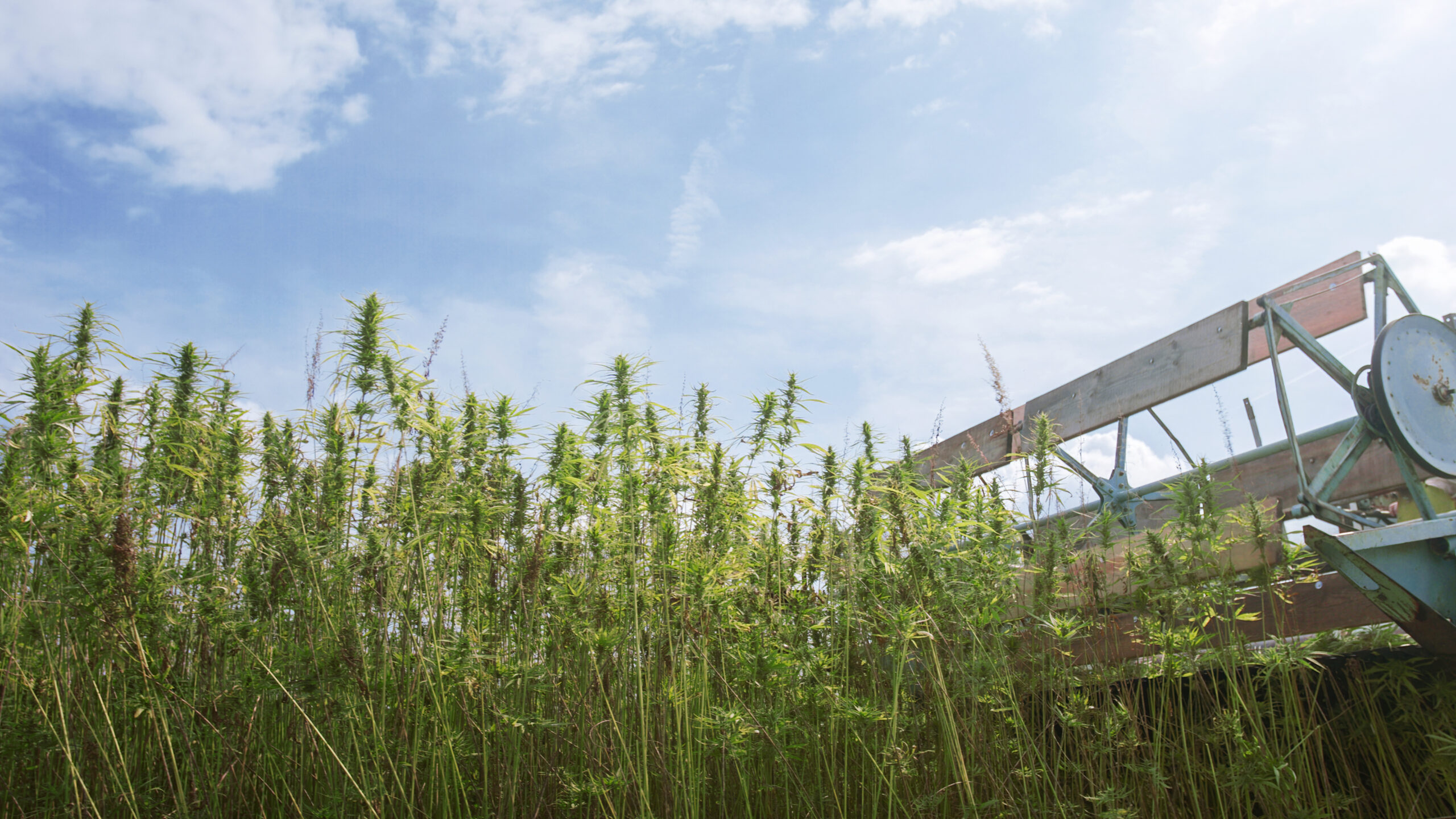
Posted on May 7th, 2024 by hpprocess
The cultivation of hemp is a thriving industry thanks to its versatile applications across various sectors such as food, textiles, pharmaceuticals, and biofuels. However, the post-harvest processing of hemp, particularly drying, poses significant challenges that can affect product quality and overall yield. Rotary dryers have become a staple in many hemp facilities looking for consistent, reliable, and efficient results.
The Challenge of Hemp Drying
The drying process for hemp is crucial yet precarious. It requires removing a significant amount of water content from the plant without compromising its structural integrity. Improper drying can cause the hemp to lose its essential oils and compounds that determine its quality and value.
Traditionally, sun-drying methods were used; however, these are labor-intensive and weather-dependent, leading to inconsistent outcomes. Modern thermal dryers have taken over, but not without challenges, such as over-drying leading to degradation or under-drying causing molds.
This is where rotary dryers come into play, delivering precision, efficiency, and consistent, high-quality results in hemp drying.
Enter Rotary Dryers: The Workhorse for Hemp Drying
Rotary dryers are the workhorses in various industries dealing with bulk solids processing – from minerals and chemicals to food products. Their versatility extends to handling different materials, including powders, solids, and even liquid sludges.
How do Rotary Dryers Work?
Rotary dryers consist of a large cylindrical drum that rotates around its axis. Lifters or flights installed inside the shell lift the material and cascade it through the hot air stream flowing through the drum. This direct contact with heated air facilitates efficient moisture evaporation.
The operation can be co-current, where the material and the hot gas flow in the same direction, or counter-current, where they flow in opposite directions. Both methods have advantages; while co-current operation protects the product from over-heating , counter-current operation dries the product faster .
Customization: The Key to Optimal Drying
One of the strengths of rotary dryers lies in their customization. They can match specific application needs regarding moisture content, temperatures, and retention time. This adaptability makes them a perfect fit for hemp drying.
When it comes to hemp, achieving the desired moisture content without damaging the product is paramount. Too much heat can cause degradation, while too little can result in inadequate drying. Rotary dryers offer adjustable air velocity, temperature control, and precise retention times to ensure optimal drying conditions.
Moreover, rotary dryers come in various sizes and offer several cooling design options, such as counter-current air swept, internal/external water-cooled, or combinations thereof. These features further optimize the drying process by allowing precise control over temperature and airflow.
Energy Efficiency & High Capacity
In an industry where energy consumption is a significant cost factor, rotary dryers stand out in terms of energy efficiency. They are designed for high-capacity output with low energy consumption – a balance that directly impacts profitability. Additionally, rotary dryers’ robust construction ensures low maintenance requirements.
Revolutionizing Hemp Drying
While traditional air heaters are commonly used in rotary dryers to heat the air stream, advanced technology has introduced air coolers into this space. Dryers optimize moisture removal and maintain ideal conditions for high-quality hemp production.
By regulating temperatures within the dryer drum, these air coolers prevent overheating. This regulation preserves the essential oils and compounds within the hemp.
The Role of Fluid Bed Dryers
While rotary dryers play a pivotal role in hemp drying, it’s worth noting that fluid bed dryers also make a strong case for their application in this area. Like rotary dryers, they offer efficient drying and energy use.
Vibrating fluid bed dryers, for instance, enhance drying efficiency and improve material movement and uniformity through vibration. They handle diverse materials with low or high-vibration options, making them an excellent candidate for hemp drying.
Maximizing Hemp Drying Efficiency
The expanding hemp industry calls for effective drying solutions that are both reliable and efficient. With their versatility, customizability, and energy efficiency, rotary dryers present a solid answer to the challenges faced in hemp drying processes. They establish a new benchmark for excellence and efficiency in hemp processing when equipped with advanced cooling technology. Discover how the integration of rotary dryers and air cooler hemp dryers can transform your hemp drying procedures today!










